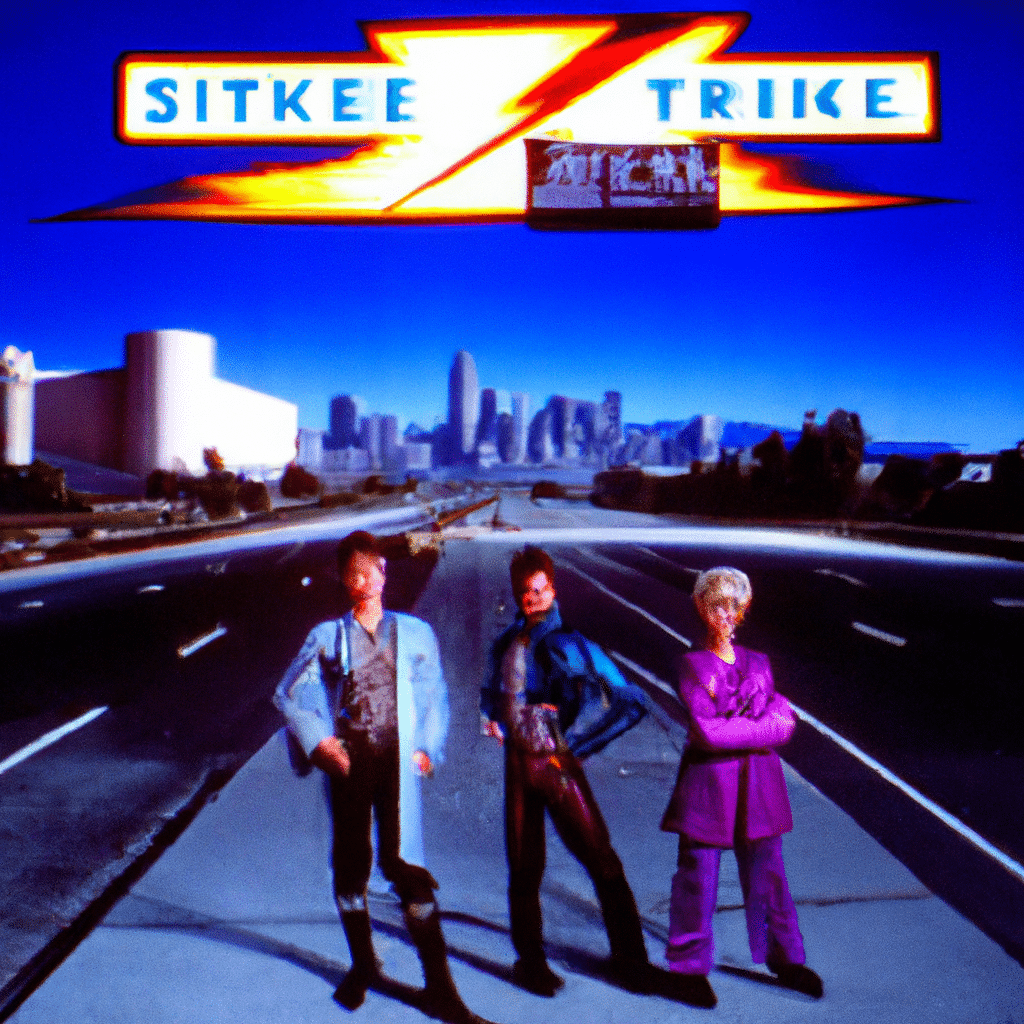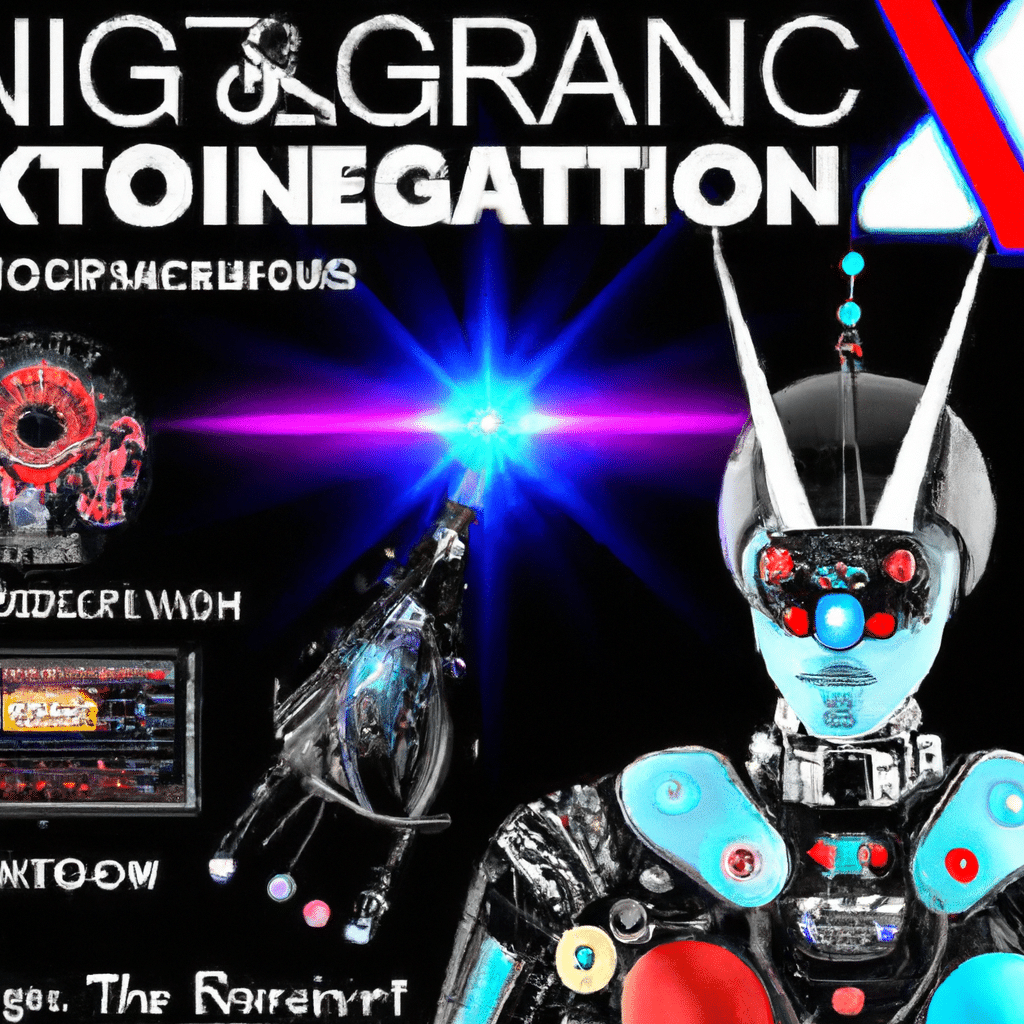EU Agrees on the AI Act: What You Need to Know
Key Points:
– The AI Act is a new set of rules agreed upon by the European Union to regulate the development and use of artificial intelligence.
– The act will have significant implications for major tech companies like Google and OpenAI, as it aims to ensure the responsible and ethical use of AI systems.
– The act prohibits certain uses of AI that are deemed to be high-risk, such as live facial recognition in public and social scoring systems.
– AI systems that are classified as high-risk, such as those used in critical infrastructure or for law enforcement purposes, will be subject to strict regulatory requirements.
– The act also includes provisions for transparency and accountability, requiring AI systems to be explainable and providing individuals with the right to know when they are interacting with an AI system.
– Non-compliance with the AI Act can lead to significant fines of up to 6% of a company’s global annual revenue.
Hot Takes:
The European Union is stepping up its AI game with the AI Act, effectively putting major tech companies on notice. If they want to play in the EU sandbox, they’ll need to follow the rules. It’s a game-changer for the development and use of AI, ensuring that it’s done responsibly and ethically. No more creepy live facial recognition in public or those pesky social scoring systems that feel like we’re living in a dystopian sci-fi movie. But hey, at least the AI systems will have to explain themselves and give us the courtesy of knowing when we’re dealing with them. EU fines, watch out! We’re talking 6% of a company’s global annual revenue, that’s some serious dough. The AI Act brings regulation with a bite. Goodbye, Wild West of AI development. Hello, responsible AI future.
As part of this experiment I would like to give credit where credit is due. If you enjoy these, please take a moment to read the original article:
https://www.wired.com/story/eu-ai-act/
Blog Title
AI: gpt-3.5-turbo-0613: chatcmpl-8TeW3KCByMp3LKjrmLXVaNfZeQKIR
Instruction: “You are an AI blog title generator. Create a catchy and concise title for the blog post that is catchy and optimized for search engines. Remove all html in the response and do not use quotes. Please do not use words that are unsafe to process in Dall-E image AI.”
Prompt: Content Summary of text from above.
Response: EU Agrees on AI Act: Implications for Google, OpenAI & More
Image Description
AIgpt-3.5-turbo-0613:chatcmpl-8TeWDhzYBKtTbiUVTYRELJ4zLZkRp
Instruction: “You are a helpful assistant that creates unique images based on article titles. Create a brief visual description of what an image would look like for this title. Please pick a style of art from the following: Futurism, Impressionism, Romanticism, or Realism, be sure to consider the image should reflect an AI Robot Pirate theme during the Golden Age of Pirates.”
Prompt: In the style of Realism, the image would depict a pirate ship sailing amidst a stormy sea, with dark, menacing clouds hovering above. The ship itself would be a combination of futuristic AI technology and traditional pirate design, with gleaming metal and advanced computing systems integrated into its structure. On the ship’s deck, AI robots dressed as pirates would be seen piloting the vessel, their mechanical eyes glowing with an eerie light. This image would capture the tension between the medieval golden age of pirates and the futuristic advancements of AI, symbolizing the implications of the AI Act on tech giants like Google and OpenAI.
Response: EU Agrees on AI Act: Implications for Google, OpenAI & More



